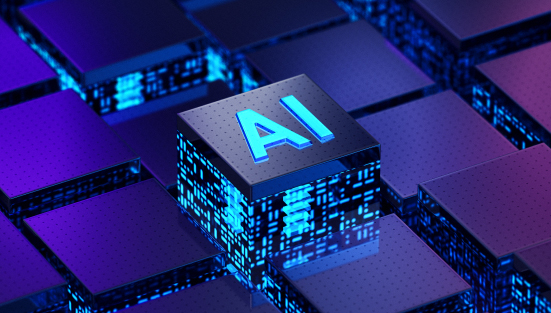

The World Telecommunication Standardization Assembly (WTSA-24) in New Delhi, India, is currently focusing on key issues such as Artificial Intelligence (AI) as it determines the direction of the International Telecommunication Union’s (ITU) standards development for the next four years.
This governing conference for ITU’s standardisation work reviews expert group mandates and considers priorities for standards work on topics ranging from AI and metaverse to quantum information technologies and digital public infrastructure. The conference, running through October 24, is crucial for shaping the future of global digital technologies.
The recently adopted Global Digital Compact at the UN General Assembly underscores the significance of comprehensive and impactful AI standards. It also highlights the urgent need to ensure that AI benefits all of humanity. ITU Secretary-General Doreen Bogdan-Martin’s emphasis on turning broad principles into clear and implementable standards further underscores the importance of these standards in ensuring AI works responsibly and fairly for everyone.
ITU has already published over 100 standards on AI, with more than 150 under development. These standards are instrumental in supporting new AI applications in network orchestration, multimedia coding, energy and cost efficiency of networks and data centres, and various breakthroughs in areas such as climate action, agriculture, disaster response, healthcare, and road safety.
The first International AI Standards Summit, aimed at accelerating standards development for responsible, safe, and inclusive AI, concluded its activities with the launch of AI for Good Impact India, marking the beginning of a new series of regional AI for Good events.
ITU, along with the International Organization for Standardization (ISO) and the International Electrotechnical Commission (IEC), is leading a new AI and Multimedia Authenticity Standards Collaboration to address challenges such as AI watermarking and deepfake detection. They are also collaborating to develop an AI standards database to support cohesive AI standards development and implementation.
A new Young AI Leaders Community has been announced to invite AI experts aged 18 to 30 to lead the development of six regional hubs. This community is part of ITU’s AI for Good Impact Initiative, including the AI Skills Coalition, Global AI Challenges, and the AI for Good Innovation Factory and associated Startup Acceleration Programme.
Furthermore, the Robotics for Good Youth Challenge hosted the finals of India’s championship, the first of 25 national championships culminating in a world cup at the AI for Good Global Summit 2025.
ITU also released the AI for Good Impact Report, prepared in partnership with Deloitte. The report highlights worldwide trends in AI investment, governance, and skills development and focuses on how AI can drive progress on the UN’s 17 Sustainable Development Goals (SDGs).









